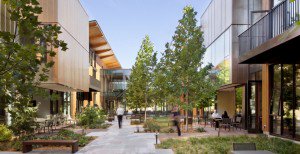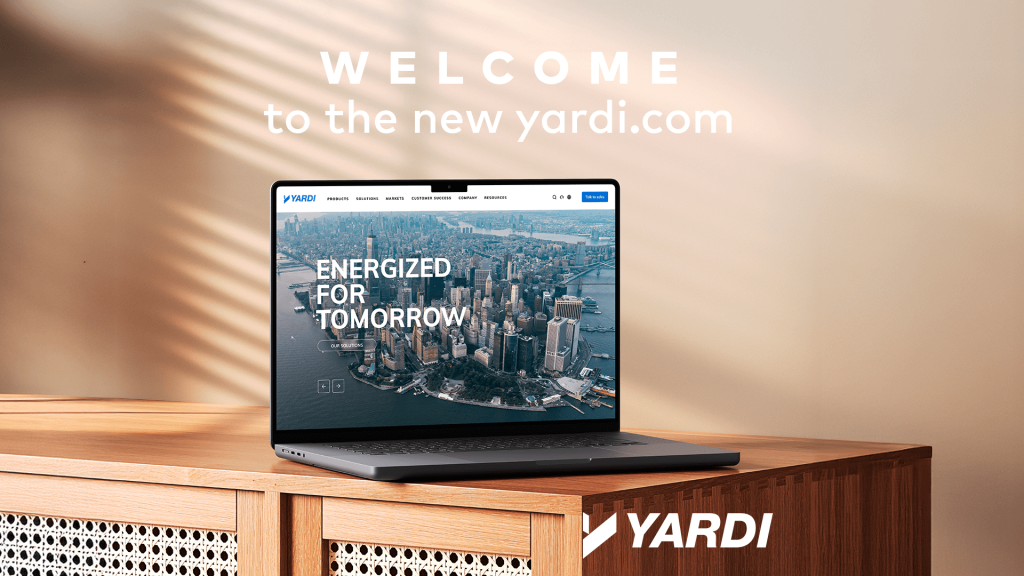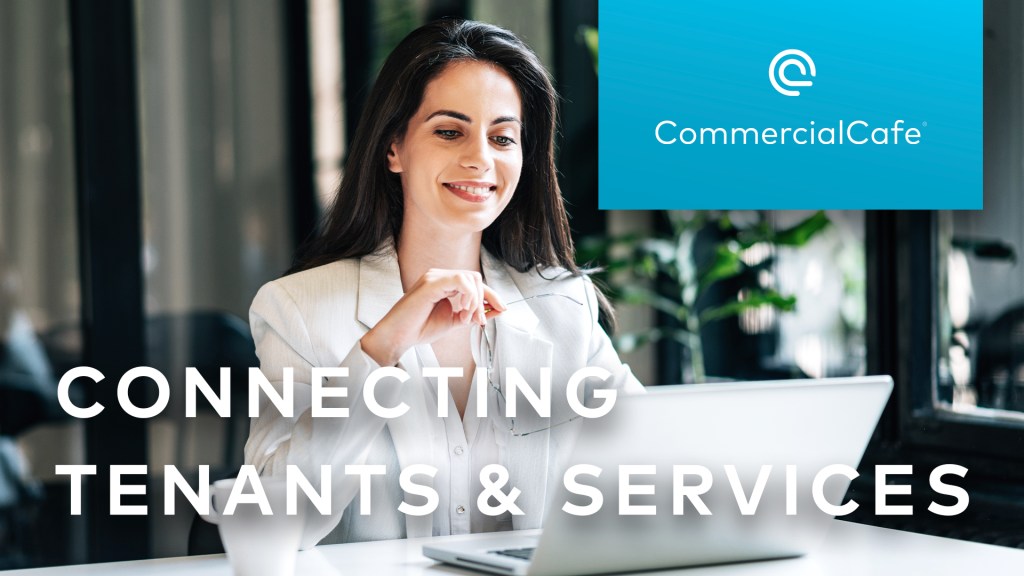By Erica Rascón on September 9, 2014 in News
The recent recession may have been the best thing to happen to sustainable c ommercial building. During those years, sustainable buildings proved their value: sustainable properties experienced lower vacancy rates; builders with green experience fared better than their counterparts; and businesses began to acknowledge green building and renovation for its cost-saving benefits. The environmental benefits were often received as an afterthought.
ommercial building. During those years, sustainable buildings proved their value: sustainable properties experienced lower vacancy rates; builders with green experience fared better than their counterparts; and businesses began to acknowledge green building and renovation for its cost-saving benefits. The environmental benefits were often received as an afterthought.
“During the recession, tenants and landlords tried to save on up-front construction costs, but they realized that by putting sustainable strategies in place, they could really save money in the long run,” says Bill Abballe, Program Manager at SouthFace.
It’s not just green buildings that can cut costs in the commercial sector. The Green Edge report issued by the National Resources Defense Council offers up-to-date, detailed data on the benefits of green infrastructure for commercial developers. Research by Building Owners and Managers Association International (BOMA) asserts that, “implementing sustainable building practices is not a fad, but a proven strategy for reducing costs, enhancing asset value, improving tenant satisfaction and increasing net operating income.”
Studies by the Green Building Alliance summarize what a variety of sources have confirmed. Properties and communities with green building certifications achieve:
- Higher rental or resale value
- Higher occupant satisfaction
- Higher demand
- Lower operating costs
Yet even the greenest commercial building will fall short of its potential without proper certification. Third party certification programs provide validity to green building claims in a way that can attract capital and tenants with ease.
Commercial developers may now choose between a number of sustainable certification programs that offer various levels of prestige:
Building Research Establishment’s Environmental Assessment Method (BREEAM) was the first comprehensive green building rating system and is currently the leading international design and assessment method for sustainable buildings. BREEM thoroughly analyzes multiple factors throughout the project’s lifecycle to determine its sustainability ratings.
Leadership in Energy and Environmental Design (LEED) is a sustainable building certification program that recognizes best-in-class building strategies and practices. It gained popularity in the United States and now has the largest globally accepted certification program.
But perhaps the most prestigious certifications come from Living Building Challenge (LBC), which honors built projects that mimic the natural environment’s efficiency and balance. Net Zero operations in water, waste, and energy are the mere foundation to other rigorous standards. To date, there are only eight LBC buildings on earth.
Green Globes has gained popularity in North America as an affordable alternative to the aforementioned programs. This environmental design and management tool offers online assessment and guidance for design, operation, and management. Quick feedback and interactive components makes this certification program a rising star.
There are also several regional and state programs, such as EarthCraft Light Commercial, which specializes in green building certifications for structures in the southeastern United States. The small scale of its realm works to the organization’s advantage. EarthCraft is able to perform in-person evaluations to assure compliance.
While certifications may verify a commercial property’s sustainability at the time of construction or renovation, it takes the right software to monitor long-term efficiency and ROI. Automating daily meter readings, data analysis, costs and consumption can be beneficial. Owners and operators can quickly address any issues that may arise to assure optimal operations.
To stay ahead of the curve, companies must develop portfolios with proven sustainable features. The demand for certified, sustainable commercial building is estimated to increase. Cushman and Wakefield surveyed 25 premiere real estate property owners and managers in North America. 60% of respondents believed that investor interest in sustainable performance is increasing. 68% of respondents currently include sustainability in their investment evaluations. Businesses aim to create the best environment for their talent, driving end-user demand for holistic sustainability. From investors to tenants, sustainable building has taken center stage as the future of commercial real estate.


